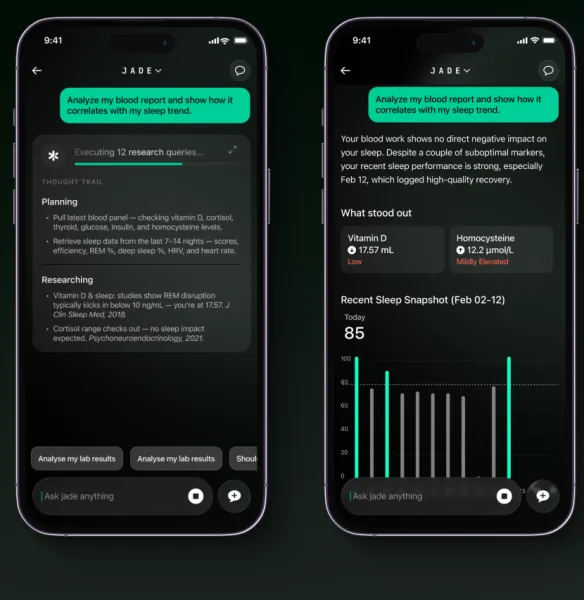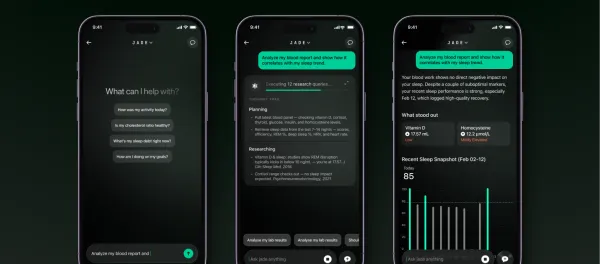Iris Telehealth Launches AI-tool & Virtual Clinic for Behavioral Healthcare

The launch includes the company’s new Virtual Clinic, supported by its AI-powered tool, Iris Insights, designed to improve efficiency and quality of care.
Iris Telehealth, a virtual-first behavioral health provider, has introduced two new solutions to enhance the management and delivery of behavioral healthcare across healthcare organizations of all sizes.
The launch includes the company’s new Virtual Clinic, supported by its AI-powered tool, Iris Insights, designed to improve efficiency and quality of care.
Iris Telehealth has been working since 2013 to improve behavioral healthcare services at both small community clinics and large healthcare systems.
The company's latest innovation, the Virtual Clinic, comes integrated with Iris Insights, a back-end AI assistant designed to provide real-time data and streamline healthcare operations.
According to the company, these solutions will help standardize the provision of behavioral healthcare, a field that has traditionally lacked uniformity across practices.
“We do everything for federally qualified health centers, community mental health centers, and health systems, including recruiting, licensing, credentialing, technology, support, scheduling, and, of course, delivering care,” said CEO Andy Flanagan, Iris Telehealth.
The Virtual Clinic, supported by Iris Insights, functions as a command center for healthcare providers, aiming to optimize operations while ensuring high-quality care.
The tool offers financial insights, increases scheduling efficiency by up to 90%, and assigns patients a risk score to help in escalation, making the delivery of behavioral health services more manageable for providers.
AI Insights Driving Efficiency
The AI-powered Iris Insights is embedded within the Virtual Clinic and helps healthcare providers make real-time decisions. The solution was developed to make behavioral healthcare more efficient, particularly when reimbursement is often low and standardization is minimal.
“You kind of just get it in a box, right? That’s the goal—to make it easy to figure out how to run your business, which is hard. Reimbursements are low in behavioral health, so you need to be super-efficient. Our job is to make every one of our partners as efficient as the best-run group in the country,” Flanagan explained.
According to Flanagan, many healthcare practices struggle with the operational aspects of running behavioral health departments.
Unlike other medical specialties, such as oncology or endocrinology, the absence of standardized metrics makes it difficult for healthcare providers to assess performance.
“There are very few data points in behavioral health. It’s unlike blood glucose levels, where you have a clear metric. We’ve found that some of the largest entities also struggled to be the most efficient, while smaller ones sometimes managed better,” he noted.
Over the past year, the Iris Insights system has been deployed across 17 partners representing more than 200 facilities. These partners have used the AI tool to optimize workflows, enhance provider productivity, and improve patient outcomes.
Iris Telehealth also plans to release monthly updates for Iris Insights, including new application programming interfaces (APIs) to further integrate the system with existing healthcare technologies.
The company currently has 430 mental healthcare providers on staff, ready to provide various services, including emergency psychiatry and lower-acuity therapy.
In addition to care delivery, Iris assists with scheduling, credentialing, referral management, and integrating behavioral health into primary care settings.
Additionally, the company has been steadily expanding its services. Recently, it secured $40 million in Series B funding in April 2022 to support its efforts.
Flanagan highlighted the company's broader goal, saying, “We wanted to level the playing field, enabling even the smallest clinics to operate with the same efficiency as larger entities.”
Stay tuned for more such updates on Digital Health News
































